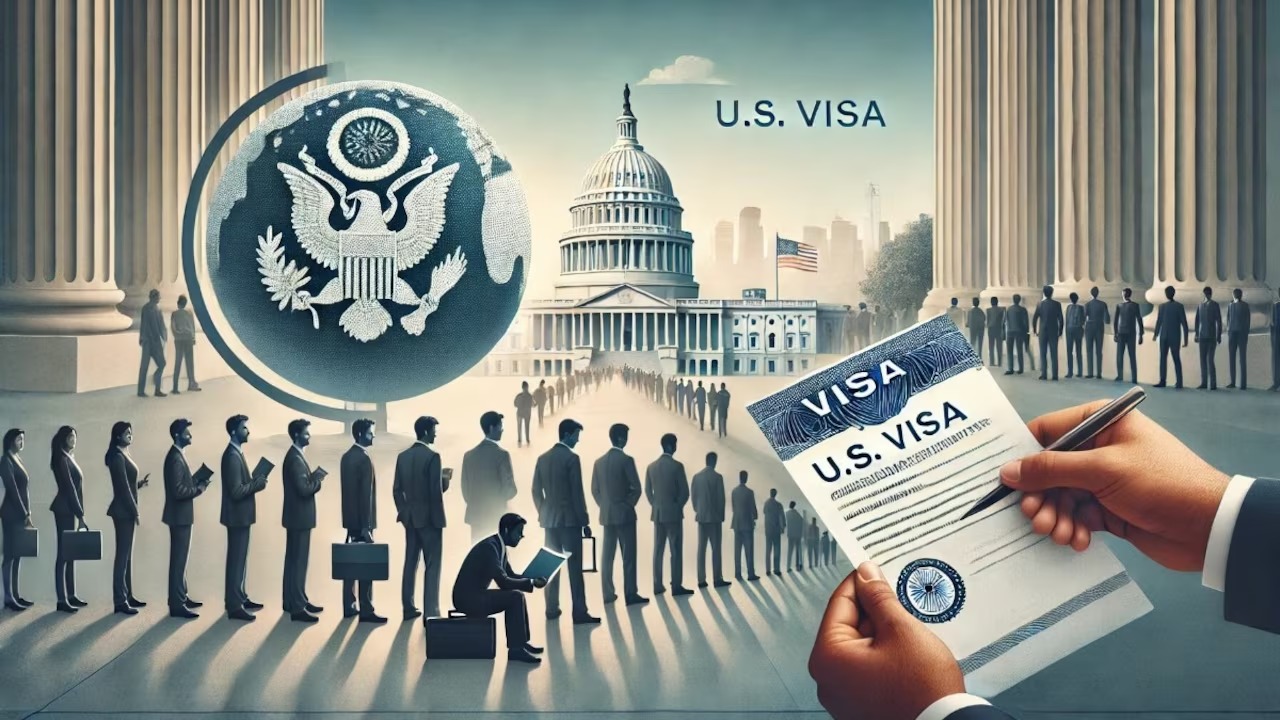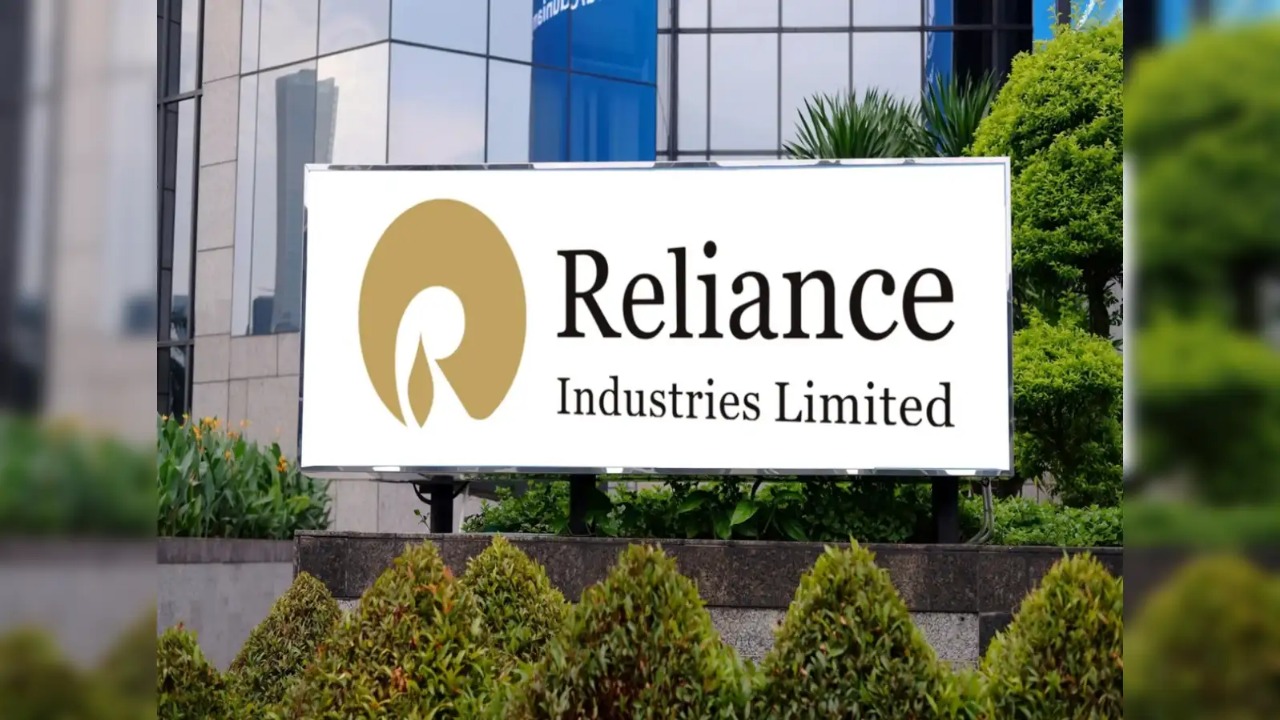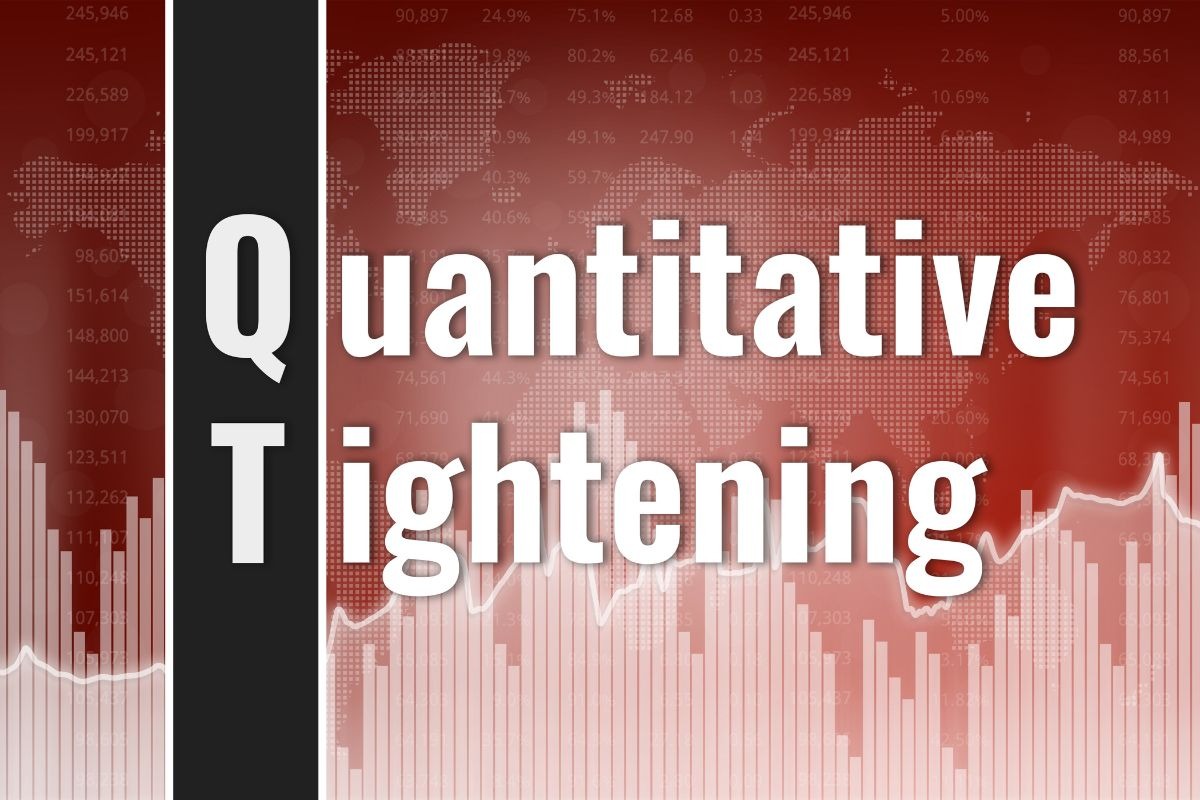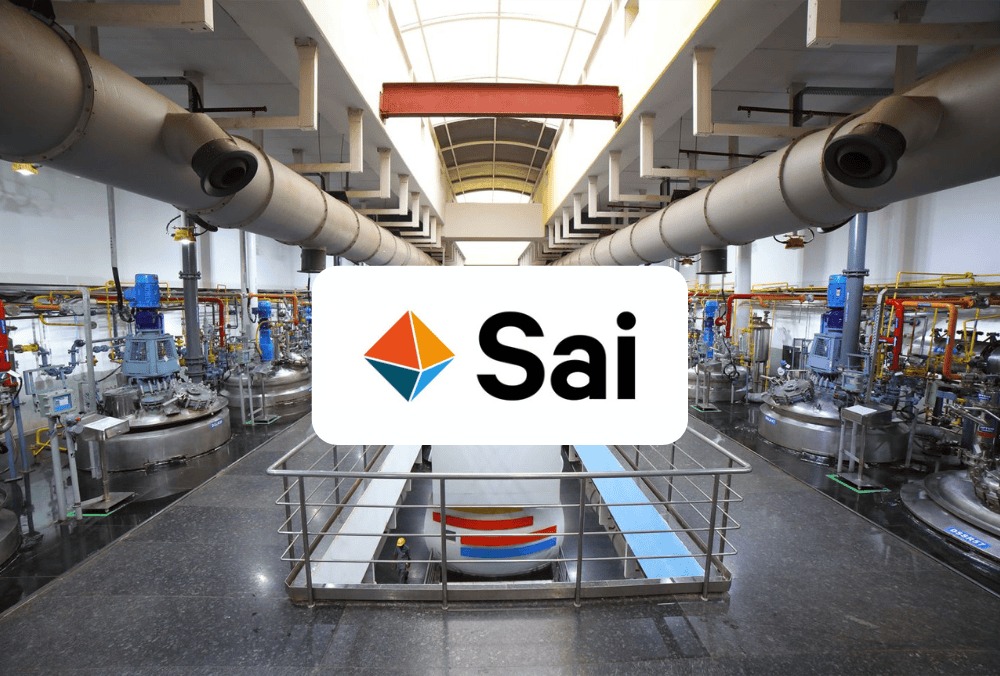
Follow WOWNEWS 24x7 on:

The U.S. Embassy in New Delhi has taken stringent action by revoking and denying visas for certain Indian business executives and their family members due to alleged involvement in the trafficking of fentanyl precursor chemicals. This decisive move reflects intensified efforts by the United States to curb the global opioid crisis, focusing on disrupting the supply chains of illicit synthetic drugs.
Key Highlights of the Visa Revocations and Denials
The U.S. Embassy announced the revocation and denial of visas for several Indian business executives connected to companies implicated in trafficking fentanyl precursors, a critical component in manufacturing illicit fentanyl.
Family members associated with these executives were also subjected to visa denials and revocations, underscoring the U.S. government's comprehensive approach in tackling the networks involved.
This action builds on strengthened cooperation between U.S. and Indian authorities aimed at dismantling illicit drug trafficking channels.
The move also signals increased vigilance over visa applicants with suspected links to controlled substance trafficking, with flagged individuals facing enhanced scrutiny in future visa applications.
Understanding Fentanyl and Its Global Impact
Fentanyl is a highly potent synthetic opioid, estimated to be up to 100 times stronger than morphine, and is a major driver of overdose deaths, particularly in the United States. The trafficking of fentanyl precursors has contributed significantly to the expansion of illegal fentanyl manufacturing worldwide.
The U.S. government has prioritized combating fentanyl precursor trafficking to stem the opioid epidemic, which claims tens of thousands of lives annually. India's role as a source of such precursors has been increasingly highlighted in intelligence reports, prompting coordinated law enforcement responses.
The U.S.-India Collaborative Efforts to Combat Fentanyl Trafficking
The visa actions accompany ongoing joint task forces and intelligence sharing between U.S. and Indian agencies targeting fentanyl supply chains.
Indian law enforcement agencies have conducted raids, arrests, and investigations into companies and individuals suspected of precursor chemical trafficking.
The U.S. Embassy’s visa measures serve as a deterrent and indicate the seriousness of consequences for those involved in illicit drug precursor activities.
Impact on Indian Business Community and International Relations
These visa revocations are likely to reverberate within the Indian business community, particularly among sectors dealing with chemical intermediates and pharmaceuticals, which require vigilant compliance with export and import regulations.
The action also reflects the sensitive diplomatic balance as India remains a vital trade and strategic partner to the United States. Both nations continue to seek enhanced collaboration to address drug trafficking without compromising legitimate trade and investment flows.
Steps for Affected Individuals and Businesses
The U.S. Embassy advises visa applicants and businesses to strictly adhere to legal frameworks and maintain transparency in operations involving controlled substances.
Enhanced due diligence and compliance programs are encouraged to prevent inadvertent involvement in illicit precursor trade.
Those affected by visa revocations may seek recourse through diplomatic channels and legal procedures outlined by U.S. immigration regulations.
The Broader Fight Against the Opioid Epidemic
The revocation and denial of visas mark part of a broader U.S. strategy to tackle the opioid crisis by targeting supply origins and intermediaries. Curtailing access to precursor chemicals is critical to hindering illegal fentanyl production and protecting public health.
Through coordinated international policies and enforcement actions, the U.S. aims to reduce fentanyl-related harm globally, with India playing a pivotal role as a partner in these efforts.
In closing, the U.S. Embassy’s revoking and denial of visas to Indian business executives linked to fentanyl precursor trafficking underscores the intensifying crackdown on illicit drug networks. It serves as a cautionary signal to individuals and businesses worldwide involved in or connected to such activities.
Sources: U.S. Embassy New Delhi official statements, Reuters, Economic Times, Hindustan Times




